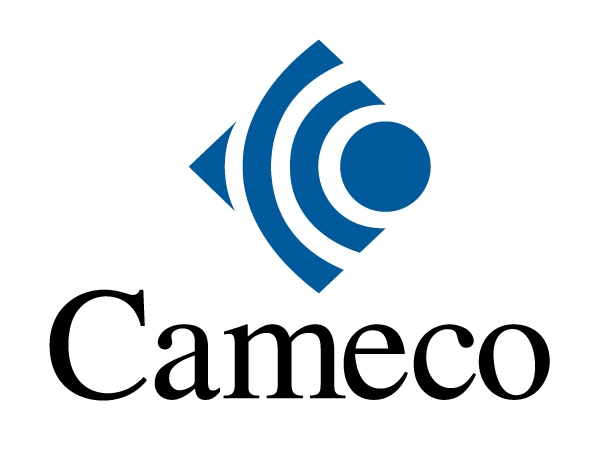Nuclear Reactors 699 - U.S. Government Debating Creating Quotas For Import Of Foreign Uranium - Part 3 of 3 Parts
Part 3 of 3 Parts (Please read Parts 1 and 2)
“With operations on both sides of the border, Cameco also sees tremendous value in increasing cooperation between the United States and Canada to address critical mineral issues and strengthen security of supply on a North American, rather than strictly national, basis.”
He praised the recent commitment by President Trump and Canadian Prime Minister Justin Trudeau to work on a joint action plant on critical mineral collaboration. Gitzel sees uranium mining as being a major component of the strategy that the two leaders have committed to.
The biggest customer of Cameco is the U.S. which accounted for about a quarter of its annual sales by volume in 2018. The company said that the U.S. investigation into the possibility of uranium import quotas had been a cloud hanging over the international uranium market which was already facing serious problems. There is still some uncertainty over what the Working Group will propose but the President’s decision was seen as a positive outcome.
Boss Resources in Western Australia said that Trump’s decision had been praised by U.S. nuclear utilities. They were concerned that import restrictions would raise the price of uranium in a struggling market. The company said, “Boss believes this outcome is very positive for Australian producers and the uranium market as a whole, as the declined restrictions may have created long-term distortions in the market which could have further impacted the recovery of the uranium market.” Boss went on to say that Trump’s decision is “expected to assist unlocking buying activity" from U.S. utilities and will probably support a uranium price increase.
There are some wild cards in the uranium market section that may influence supply and price in the future. The Russians are committed to the development of a closed fuel chain that includes breeding additional nuclear fuel in fast breeder reactors. Since the Russians are one of the few nations strongly committed to domestic and international expansion of nuclear power reactors, they may offer to build reactors powered by recycled fuels which would lock nuclear utilities in other countries into Russian fuel contracts. The Russians have already shown that they are inclined to use the threat to cut off supplies of fuels such as natural gas for political leverage in other countries.
Another interesting development is the creation of systems for extracting uranium from sea water via cheap polymers which can be recycled. This is a rapidly developing field with the recent announcement of a new extraction technique which is well suited to separating specific uranium isotopes such as U-235 which is the active ingredient in nuclear fuel and nuclear weapons. The latest research indicates that uranium extraction from sea water can match or beat the cost of uranium mining on land. If this technology delivers on its promise, then any country with an ocean coastline will be able to extract all the uranium they would need to run many nuclear reactors for centuries. This would bring an end to uranium mining and fuel recycling with major disruptions of the current global nuclear fuel supply chain.
